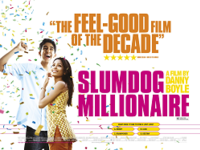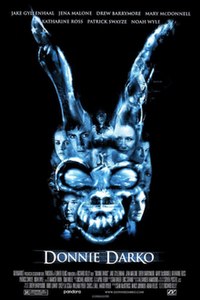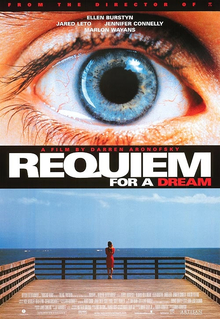Lists













13 Books
Books
Sort by:
Recent Desc
I want to read
More lists by Antonella Muñoz Maureira



Movies I want to watch
List includes: The Big Lebowski, Pineapple Express, Big Fish
June 2021
0
@antonellamuozmaureira


Movie (drama/life)
List includes: Edward Scissorhands, Marie Antoinette, Slumdog Millionaire
June 2021
0
@antonellamuozmaureira



Movies (fun/love)
List includes: 500 Days of Summer, The Hangover, What Happens in Vegas
June 2021
0
@antonellamuozmaureira



Movies (psycho/scary)
Horror films, psychological thrillers and others
May 2021
0
@antonellamuozmaureira



Movies (action/adventure)
Science fiction and thrillers
May 2021
0
@antonellamuozmaureira



Music Pop
List includes: Justin Bieber, Sia, Adele
May 2021
0
@antonellamuozmaureira



Music Rock/Emo/Indie
List includes: Green Day, Aerosmith, Linkin Park
May 2021
0
@antonellamuozmaureira



Music
List includes: MGMT, Beirut, Yann Tiersen
May 2021
0
@antonellamuozmaureira